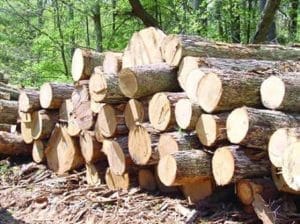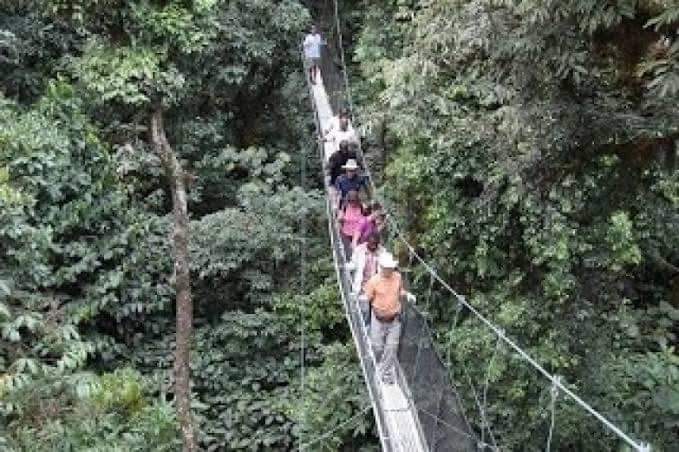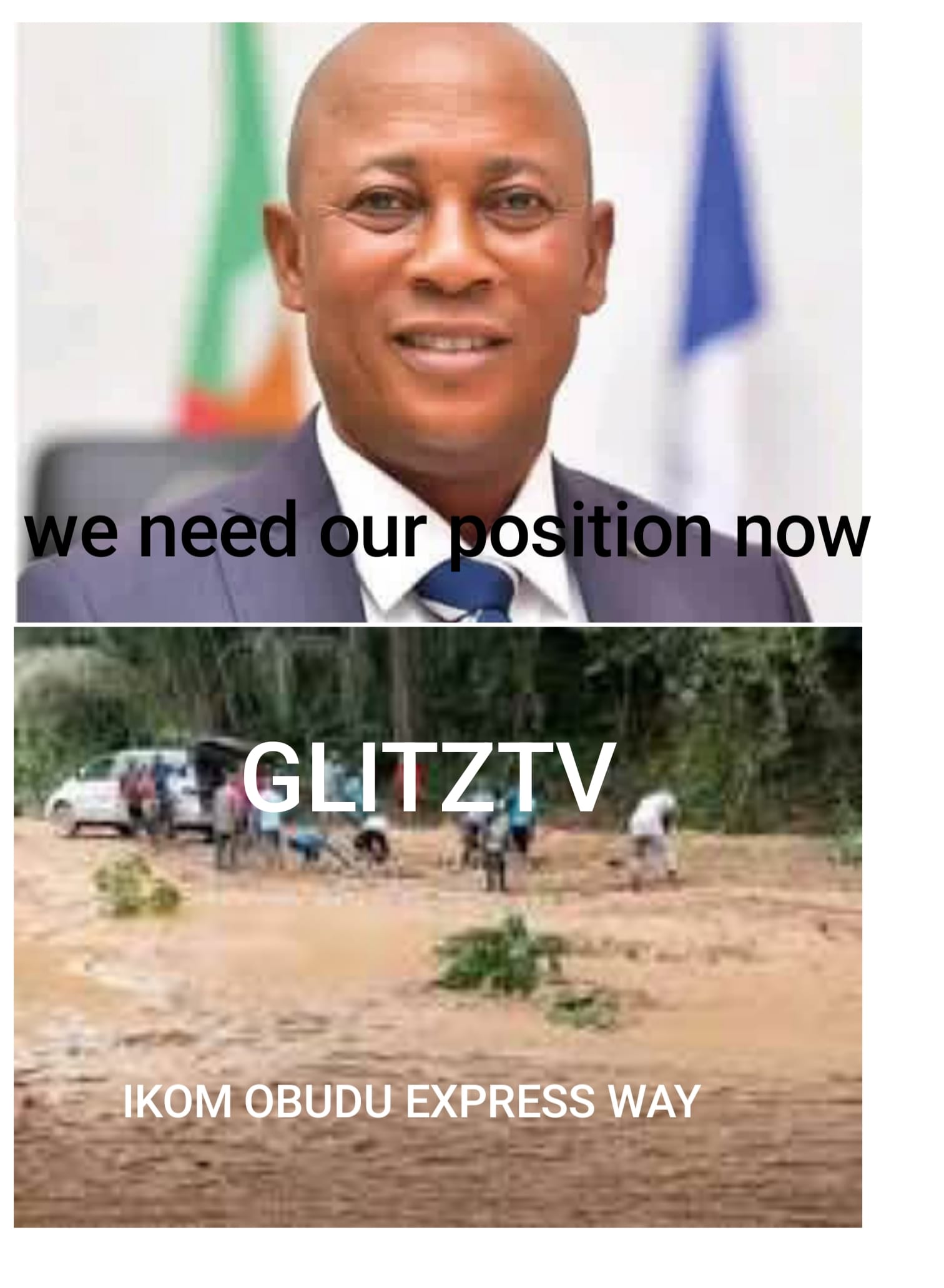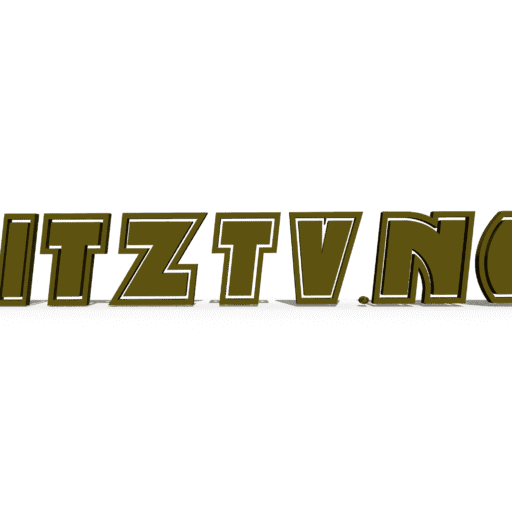
The wood logging activities in the Boki Local Government of Cross River State have brought about severe ecological consequences for the Ogoja people and the surrounding areas. The Boki Rain Forest, a vital ecosystem, is being extensively harvested, leading to the disruption of the delicate ecological balance of the region. The adverse effects of global warming are becoming increasingly evident as the forest continues to be depleted. Urgent action is required to address this issue and protect the well-being of the Ogoja community.
The Boki Rain Forest has long been a source of natural vegetation that provided the Ogoja people and neighboring communities with favorable weather conditions. However, the uncontrolled logging and deforestation in the area have upset this balance. The loss of trees and vegetation reduces the forest’s ability to absorb carbon dioxide and release oxygen, resulting in increased greenhouse gas emissions that contribute to global warming. This disruption in the ecosystem is now affecting the Ogoja district, leading to adverse weather patterns and other consequences.
The destruction of the Boki Rain Forest poses significant health hazards to the Ogoja people. Forests play a crucial role in regulating the local climate, preserving water sources, and maintaining air quality. The loss of forest cover can disrupt rainfall patterns, increase soil erosion, and reduce water availability. As a result, the Ogoja community faces an increased risk of waterborne diseases, limited access to clean water, and decreased agricultural productivity. These consequences not only compromise the health and well-being of the people but also threaten their long-term sustainability.
It is disheartening that those responsible for protecting the people and the ecosystem are involved in unsustainable logging practices. Unrestricted and unregulated harvesting of the Boki forest not only harms the environment but also undermines the livelihoods and sustainability of the Ogoja community.
To mitigate the ecological trauma caused by wood logging, it is crucial to implement sustainable forest management practices. This includes setting limits on the amount of timber harvested, promoting reforestation and afforestation initiatives, and enforcing strict regulations to prevent illegal logging activities. Sustainable practices will help restore the ecological balance and preserve the Boki Rain Forest for future generations.
Furthermore, raising awareness among the local population about the importance of preserving the forest and adopting alternative livelihood options is essential. Education and outreach programs can help the Ogoja community understand the long-term benefits of sustainable practices and create a sense of responsibility towards the environment.
Addressing the ecological trauma caused by wood logging in Boki requires the collective efforts of all stakeholders. The government must take decisive action to manage the situation effectively, restore confidence among the people, and enforce sustainable practices. Additionally, international support and intervention are crucial. The involvement of the international community can provide resources, expertise, and guidance to tackle the issue effectively.
Conclusively, the wood logging activities in the Boki Local Government of Cross River State have resulted in severe ecological trauma for the Ogoja people and their surroundings. Preserving the Boki Rain Forest is vital for maintaining the ecological balance, protecting the health of the community, and ensuring long-term sustainability. Through sustainable forest management practices, awareness campaigns, and collaboration among stakeholders, it is possible to curtail the rate of wood logging, restore the forest, and secure a better future for the Ogoja people. Immediate action is needed to address this critical issue and prevent further damage to the environment and the well-being of the community.










